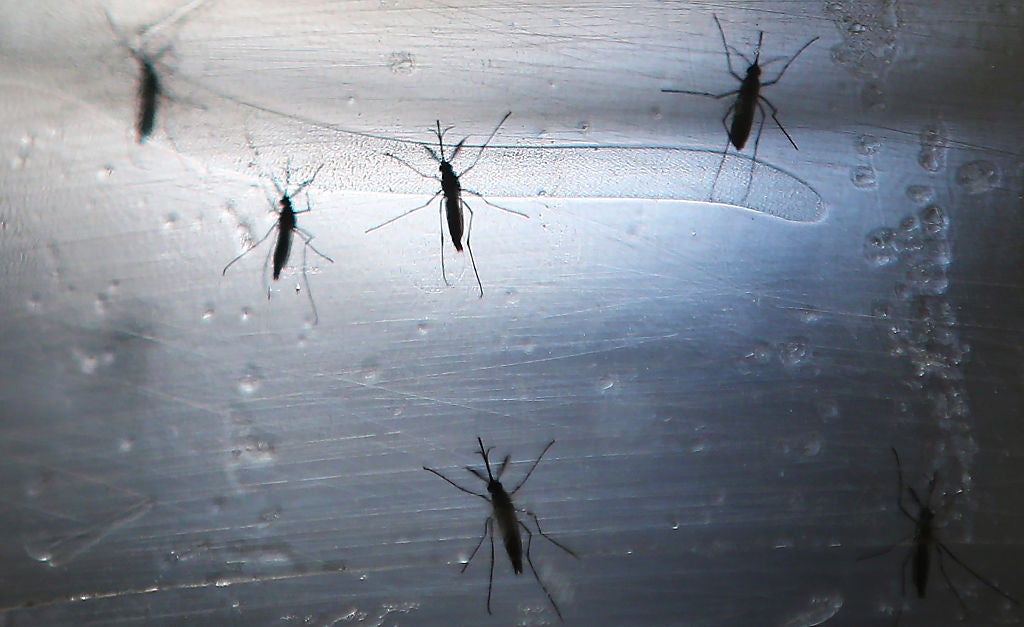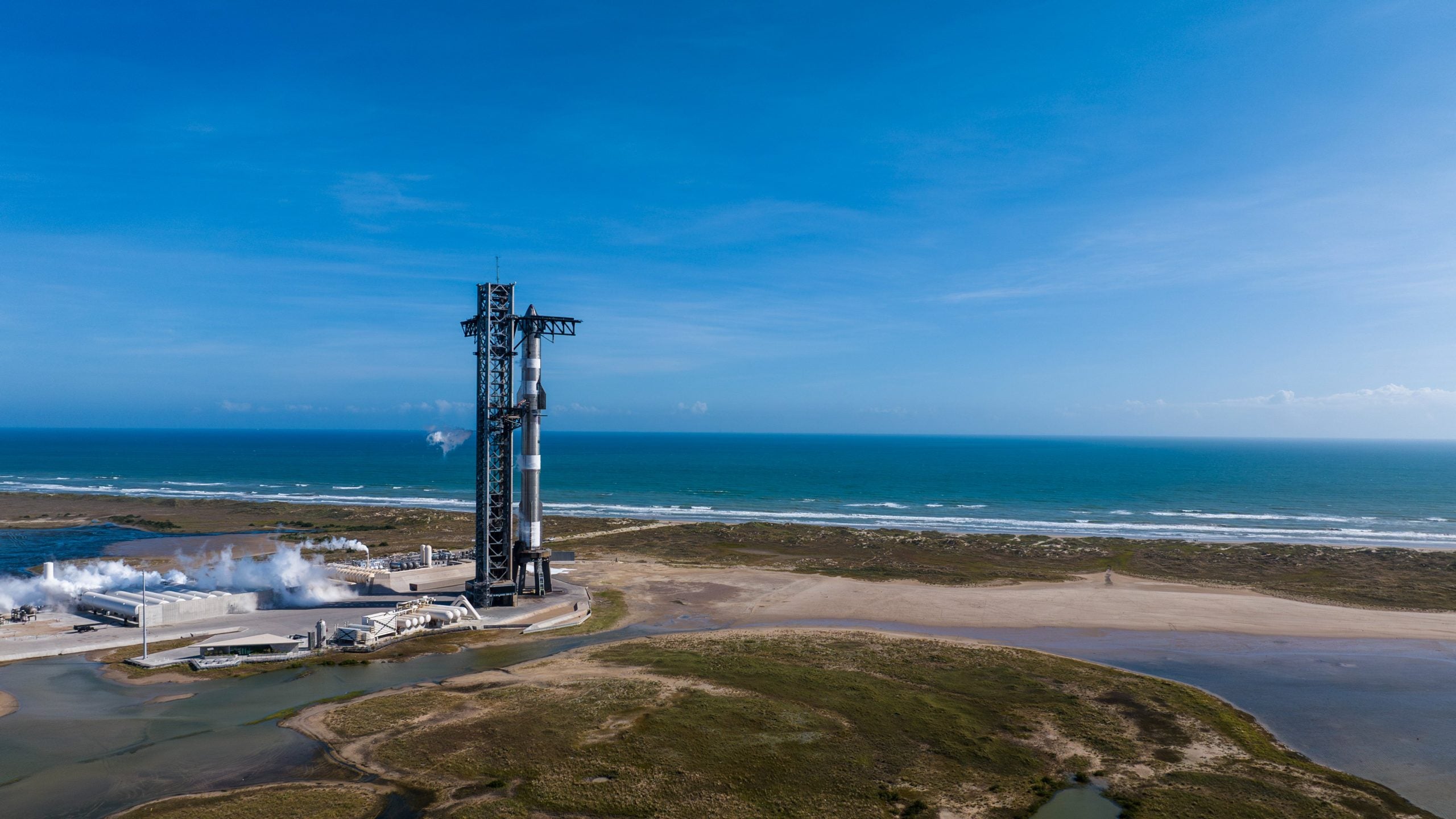TAMPA, Fla. – Cases of the mosquito-borne illness Dengue Fever are popping up in Florida’s Tampa Bay region weeks after Hurricane Milton left standing water across the state. Mosquitoes breed by laying eggs in or near standing water, and back-to-back hurricanes Milton and Helene left rivers flooded and standing water around west-central Florida. Since Milton’s Oct. 9 landfall, the Hillsborough County Department of Health has confirmed four cases of locally acquired Dengue Fever. In response, Hillsborough County Public Works continues pumping floodwater out of communities, and the county Mosquito Management team is working to prevent the spread through aerial spraying.University of South Florida infectious disease professor Dr. John Sinnott told FOX 13 Tampa Bay that mosquitoes with Dengue usually stay close to their breeding grounds.FLORIDA REPORTS SPIKE IN FLESH-EATING BACTERIA CASES FOLLOWING RECENT HURRICANES”The mosquitoes that spread Dengue only have a range of about 200 yards, so they’re going to stay around the person that’s sick,” Sinnott said. “These mosquitoes don’t go flying off for 2 or 3 miles or localized within a couple of football fields. They usually stay in one place.”More than 50 cases of Dengue Fever have been confirmed in Florida.Health officials are also encouraging residents to drain or cover standing water. According to the Department of Health, just a tablespoon of water left out for a week is enough for mosquitoes to multiply.Sinnott said Dengue symptoms usually start with a headache.”Then your joints start hurting, starting with the weight-bearing joints, the knees,” Synnott said. “I’ve seen patients with this, and their pain is remarkable.”Neighboring Polk County has issued a health advisory about an increase in mosquito-borne disease after several chickens tested positive for West Nile virus. Polk County Mosquito Control is conducting aerial spraying.







